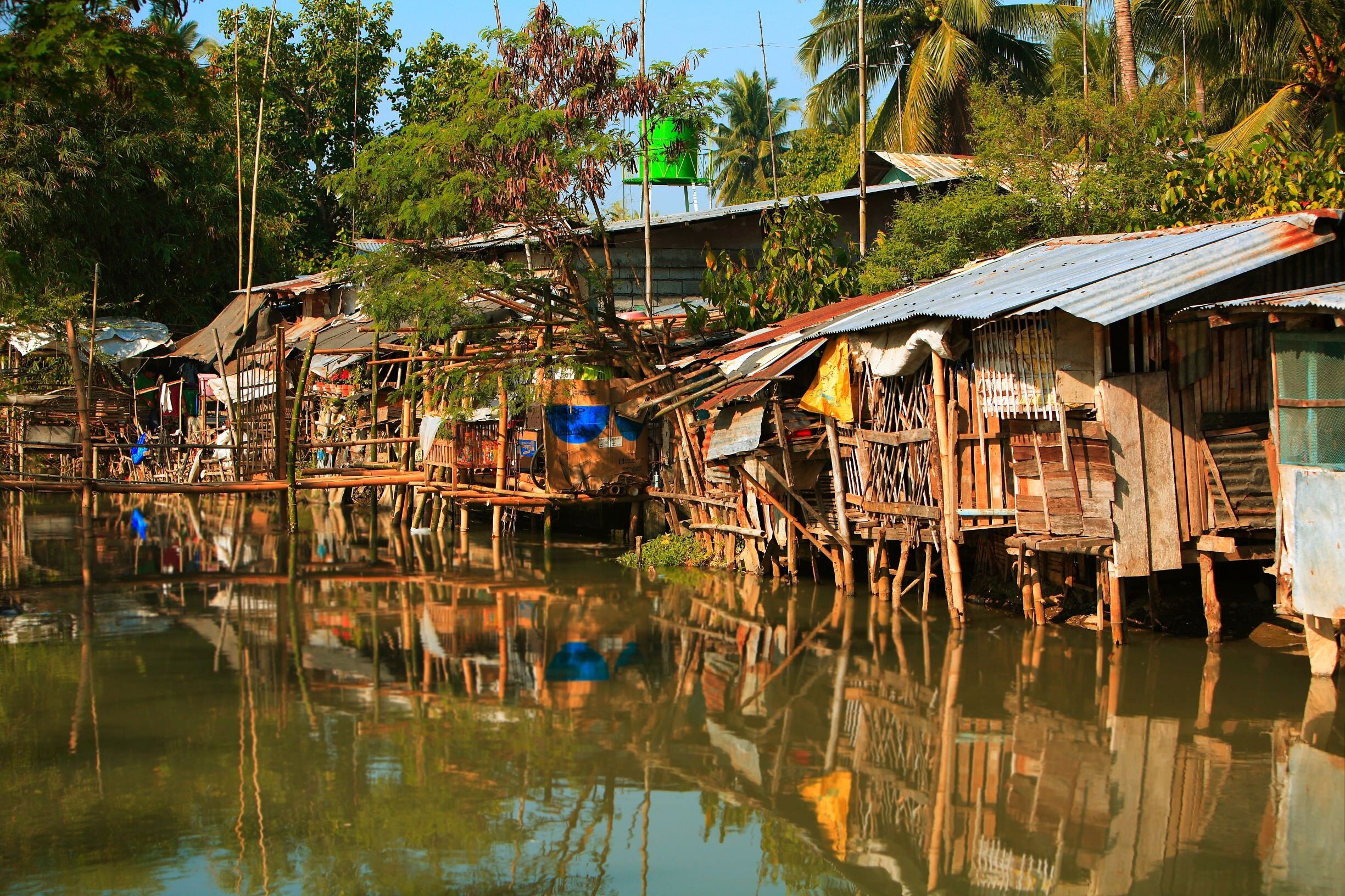The Lasting Impact of Poverty on Education
Poverty and good education rarely live in the same place. A lack of funds isn’t exactly associated with top notch schooling, and many don’t grasp just how deeply poverty can impact education for current and future generations.
Many of us are familiar with the poverty line in the US, and the programs available to help offset the impact it has on citizens. However, the impact of poverty in underdeveloped countries is a very different story.
Some of these countries are still struggling to establish their economy or don’t have many opportunities for citizens to earn a living wage. In some instances, even the most basic needs (food, housing, and education) are still on shaky ground — not available to everyone.
This holds true in the Philippines as well. When we discuss poverty in the Philippines, we’re talking about many families who have a difficult time meeting even the most basic needs for food and shelter.
In fact, one in five Filipino families fall below the poverty line, the financial threshold determined by a family’s ability to meet basic economic needs, unique to each country. And nearly a quarter of those families fell below the food threshold as of 2015, meaning that they were unable to furnish food or other basic needs for their children. In spite of recent improvements over the last few years, we’re still seeing a major financial deficit that won’t be met any time soon.
Take a moment to really consider what this means for children who are struggling to study and learn when they have this level of poverty going on in the background.
Exhaustion, hunger, and discomfort make study difficult.
Imagine walking miles to school hungry, without adequate shoes, and anxious about how your family will support itself tomorrow…
Many of us have never had to face that level of instability, let alone try to learn while dealing with it. When a child is forced to think about physical discomfort coupled with uncertainty, his or her ability to concentrate decreases drastically.
In addition to exhaustion and inadequate nourishment, this makes the pursuit of education nearly impossible. It’s also been proven that a lack of regular nutrition can directly impact the brain’s ability to reason and retain information — creating an even greater barrier to education for children living in poverty.
Poverty can change the family’s priorities.
During our time in the Philippines, we’ve seen some children unable to continue learning because they needed to begin working to help support their families. In some instances, these elementary aged children spend all day selling flowers or local goods for just $2.00 USD total.
When a family is unable to meet even the food threshold, every member becomes an essential financial asset. Priorities change, and education stops. Unfortunately, this can mean the end of education altogether for some children who are needed to help support the family.
School systems below the poverty line don’t work.
When a community is unable to support the people living in it, there’s an excellent chance that it won’t be able to support an educational system. In the US, we can rely (in so many words) on taxes to largely support public schools.
However, this isn’t the same everywhere. There are many areas in the Philippines where students don’t have access to the same level of educational stability. The school system is broken, and it’s going to take a ground floor effort to fix it.
Families are often trapped in the poverty cycle. As children grow into parents without access to a proper education, they find themselves unable to earn a living wage. This leads to THEIR children facing many of the same challenges as their parents.
Until proper education is made readily available, we’ll continue to see this level of inherited poverty — and we have the power to change it.



